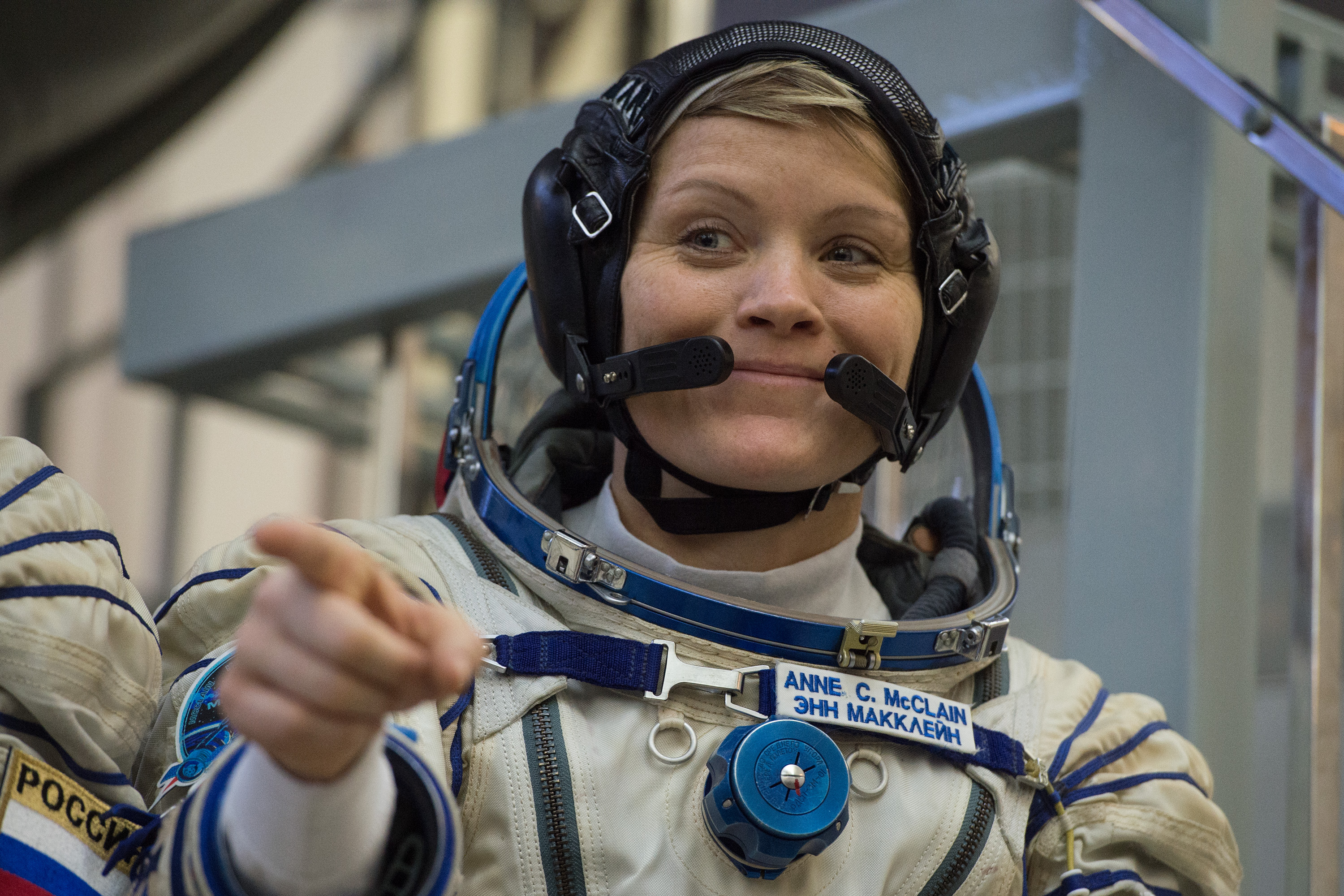Astronauts swap out batteries in first spacewalk of the month

A free daily email with the biggest news stories of the day – and the best features from TheWeek.com
You are now subscribed
Your newsletter sign-up was successful
NASA's astronauts are doing a bit of spring cleaning and upgrading.
Two astronauts, Anne McClain and Nick Hague spent their Friday swapping out dead batteries on the International Space Station in the first of two scheduled spacewalks this month, NASA announced. The battery-wielding duo upgraded three of six nickel-hydrogen batteries that had lost their juice after a long run in space, according to NASA.
"Just like your rechargeable batteries at home, eventually over time, they're not going to recharge as well," Kenny Todd, the missions operations manager for the ISS, said during a press conference, per The Verge. "They're not going to hold as much charge when it comes to putting loads on them." The batteries were replaced with newer, more powerful lithium-ion versions during the 6-hour-long spacewalk.
The Week
Escape your echo chamber. Get the facts behind the news, plus analysis from multiple perspectives.

Sign up for The Week's Free Newsletters
From our morning news briefing to a weekly Good News Newsletter, get the best of The Week delivered directly to your inbox.
From our morning news briefing to a weekly Good News Newsletter, get the best of The Week delivered directly to your inbox.
There will be a second round of battery replacements next week during NASA's first-ever all-female spacewalk with Christina Koch and McClain.
The expedition was the first spacewalk for McClain and Hague, but the 214th overall, says NASA. Watch footage of the swap below, via USA Today. Tatyana Bellamy-Walker
A free daily email with the biggest news stories of the day – and the best features from TheWeek.com